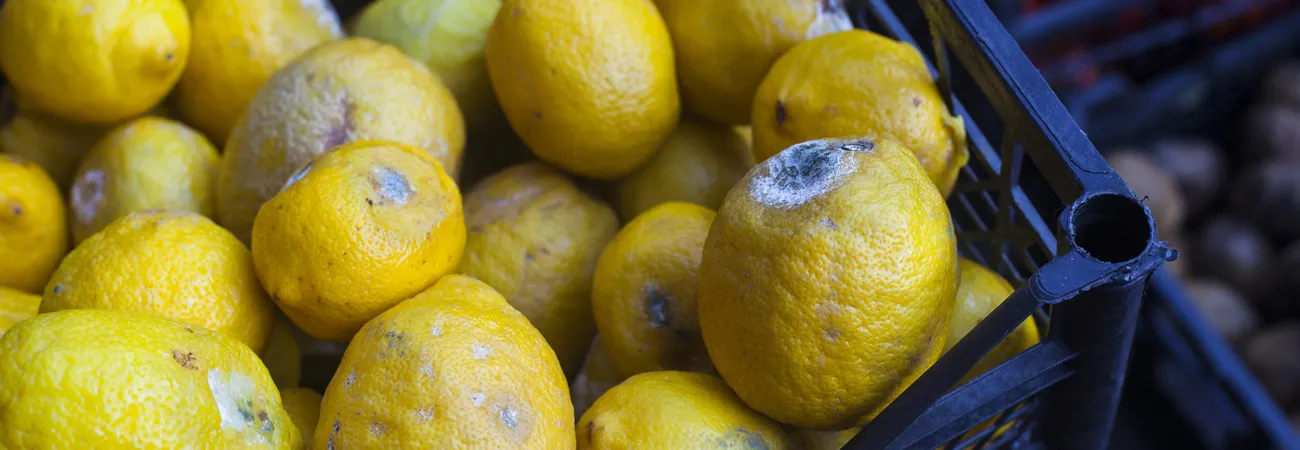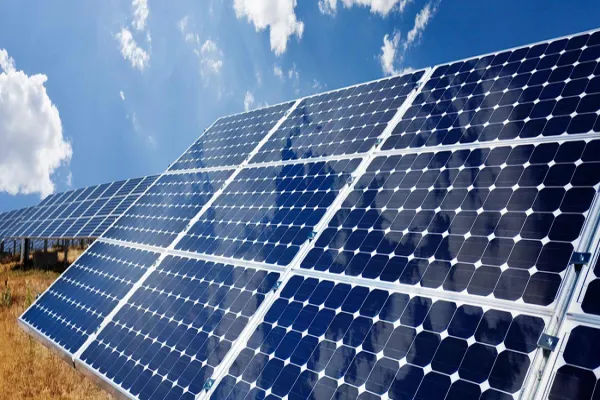i ECONOMY
Post-harvest losses in the agriculture sector not only have significant economic implications but also pose a serious challenge to food security in Pakistan. Therefore, exploring effective solutions is crucial to mitigate economic losses and enhance the sustainability of the agricultural supply chain. According to a report by the Ministry of National Food Security & Research, Pakistan annually wastes food worth $4 billion, which is equivalent to 26% of its total food production. The report further highlights that the total food wastage in Pakistan amounts to 19.6 million tonnes per year. “Pakistan's agriculture sector plays a vital role in the country's economy, providing livelihoods to millions and contributing significantly to GDP. However, one persistent challenge that continues to hinder its full potential is post-harvest losses. These losses not only affect farmers' incomes but also impact food security and the overall economy,” noted Dr Hidayatullah, Principal Scientific Officer at the National Agricultural Research Centre (NARC). “Moreover, they contribute to food insecurity, affecting both rural and urban populations, particularly in perishable crops like fruits and vegetables. The broader economic growth potential of the agriculture sector is also hindered as valuable resources such as water, labour and capital invested in production are squandered,” he said.
Additionally, he added post-harvest losses disrupted supply chains, resulting in higher costs for consumers and inefficiencies throughout the agricultural value chain. Hidayatullah said, “To address this issue, various solutions can be implemented. Investing in cold chain infrastructure such as cold storage facilities and refrigerated transport can extend the shelf life of perishable goods, reducing spoilage. Encouraging the use of quality packaging materials can protect crops during transportation and storage.” “The adoption of cold storage facilities can open up significant opportunities for Pakistani exporters. Access to international markets will enhance the country's reputation as a reliable supplier of high-quality products. Moreover, this move will help Pakistan tap into the growing global market, particularly in countries with shorter supply windows due to their own seasonal limitations. The establishment of cold storage facilities will not only have economic benefits, but also positive environmental effects. By reducing wastage, Pakistan will save valuable resources, including water, energy and other inputs, which are utilised during the production and cultivation,” the NARC scientist elaborated. Riaz Ansar, a farmer from rural Sindh, shared his perspective on post-harvest losses.
“Post-harvest losses are a constant challenge we face. Despite our hard work in cultivating and harvesting crops, a significant portion often goes to waste due to inadequate storage facilities and inefficient transportation systems. This not only affects our incomes but also adds to the food insecurity in our communities.” “The government should prioritise supporting farmers by providing access to better storage infrastructure, transportation facilities and training on modern farming practices. These interventions can help minimise post-harvest losses, improve the quality of our produce, and ultimately enhance our livelihoods,” Ansar underscored. Notwithstanding these challenges, Pakistan is moving towards sustainable agricultural practices and resource conservation by reducing wastage. The country is focusing on improving post-harvest management infrastructure, adopting better storage and transportation practices, and enhancing the quality of exported agricultural products. These improvements are expected to create new economic opportunities for farmers, open doors to new markets and boost Pakistan's reputation as a reliable producer and exporter of high-quality agricultural produce. Overall, these initiatives align with the country's commitment towards sustainable development.
Credit: Independent News Pakistan









